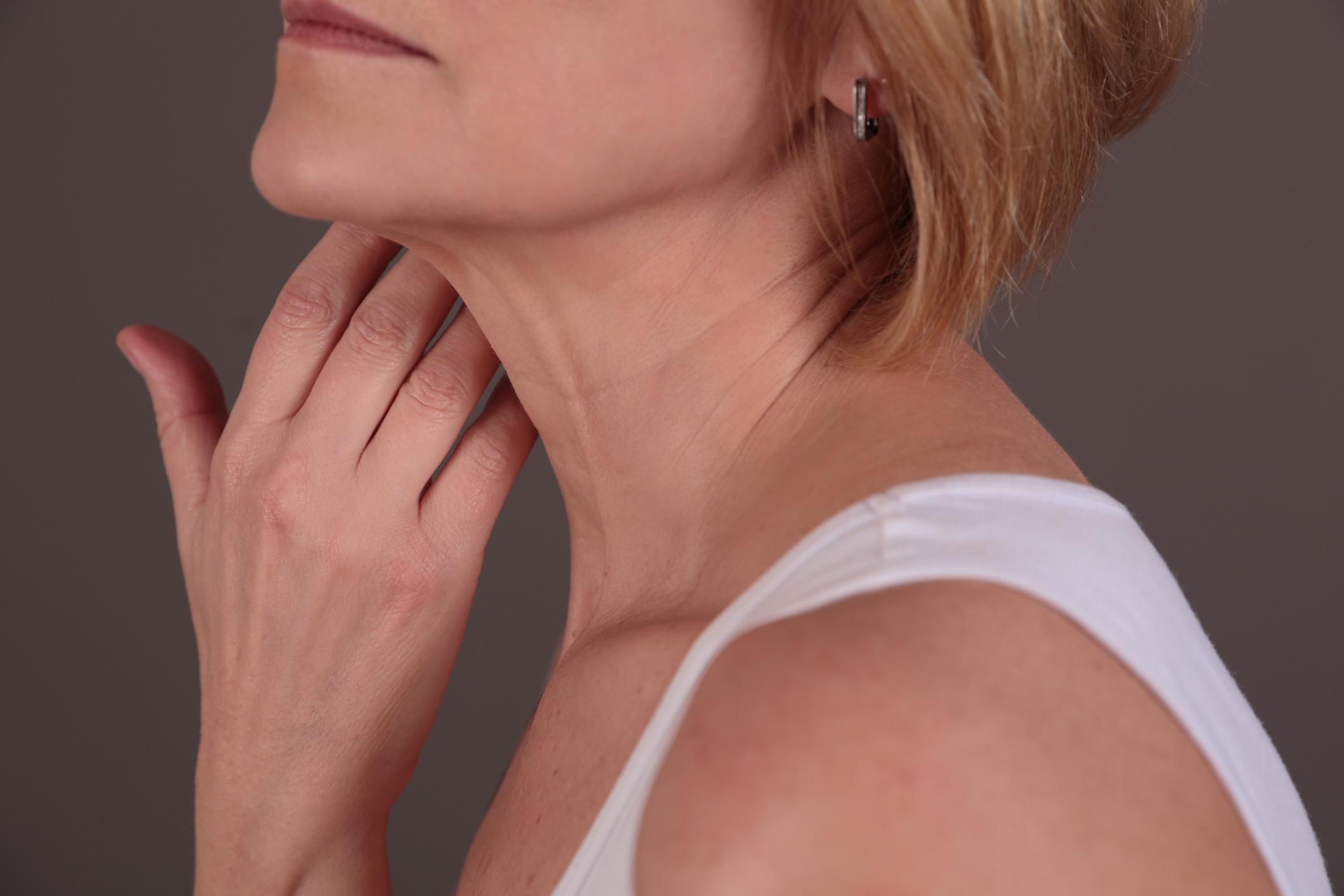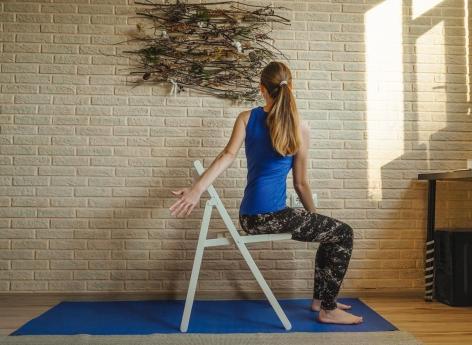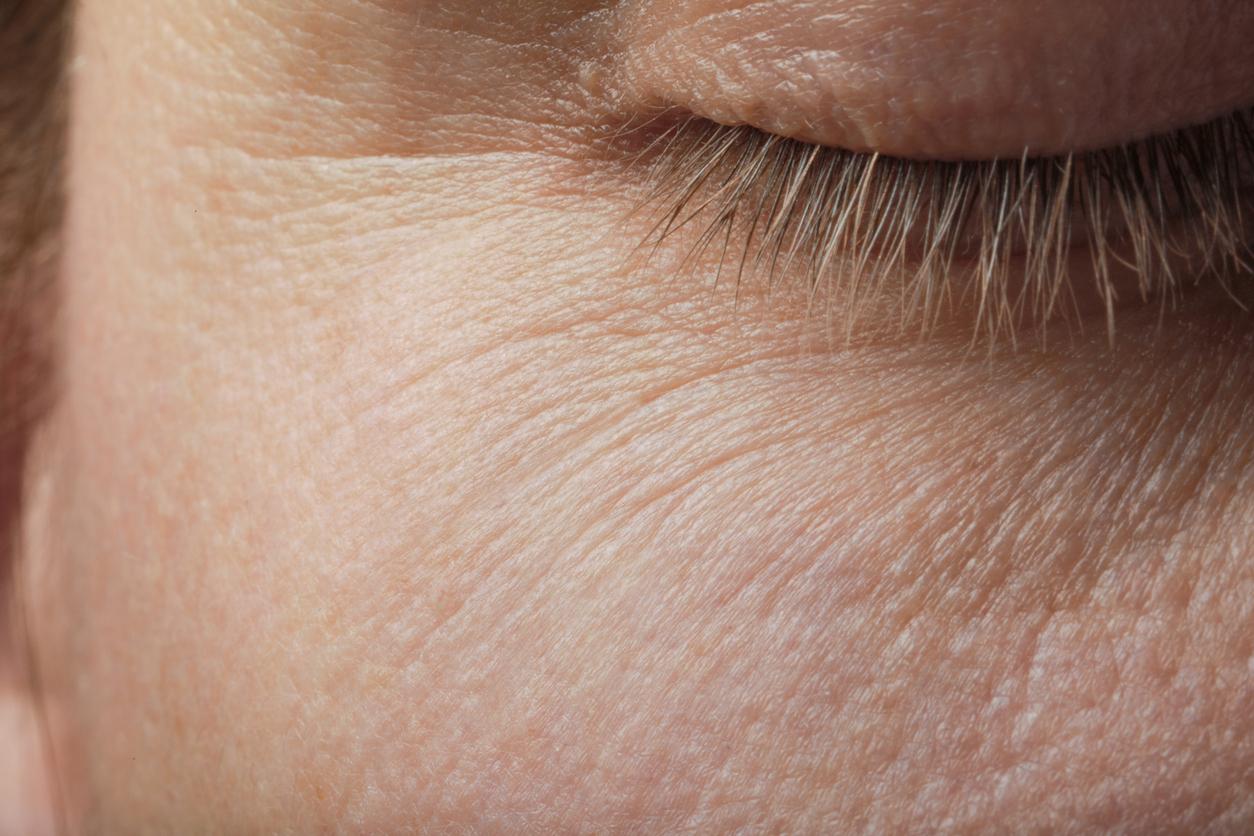Psychologist Valérie Dupuy Lafon tells us about burnout, a physical and psychological exhaustion of the body.

– Why doctor: what are we talking about when we talk about the term burn out?
Valérie Dupuy Lafon: Burnout is an exhaustion of the body, both physical and psychological. It is recognized under the International Classification of Diseases as a problem associated with employment. Three dimensions characterize it: lack of energy and/or exhaustion, withdrawal from work with feelings of work-related negativism or cynicism, and also a loss of professional efficiency with the reflex to work more to compensate but inefficiently, which leads to a loss of confidence in oneself and in one’s professional skills. These elements are more or less strong depending on the individual.
Burn out: “the biological constants have collapsed”
From a more medical point of view, we refer to the three phases of stress: the alarm phase (adaptation to occasional stress), the resistance phase (when we experience chronic stress and try to coping in a prolonged way) and the phase of exhaustion of the organism characterized by extreme fatigue with the impossibility of continuing to work. The burn out corresponds to this phase: the biological constants are collapsed, “burned” as the English term indicates.
How can one realize that one suffers from this syndrome?
It’s a lot of those around you who notice it because it takes place in a certain continuity. Most of the patients I receive acknowledge having experienced these symptoms: fatigue, with progressive use of products either to hold on or to calm down (coffee, tobacco, alcohol, medication, energy drinks, etc.) ; migraines (especially in the temples and forehead); heart palpitation; the feeling that the body heats up during work; tension in the back and neck; changes in diet, often moving towards sweeter foods, with weight gain or loss; sleep disturbances; anxiety; difficulty concentrating; irritability.
All of these signs show that the body is over-adapting and reacting to the overload of activity. The body then functions under cortisol, the stress hormone, which will exhaust it. The person feels “on the nerves”, they are in constant activity to maintain their energy. Despite the very present fatigue, she cannot relax, and sleep disorders appear or worsen (difficulty falling asleep, nocturnal awakenings, etc.).
“This syndrome often settles in someone who is very invested in his work, very committed”
Can certain factors related to daily life or personality promote the appearance of burnout?
This syndrome often settles in someone who is very invested in his work, very committed. Moreover, the term originally appeared for nursing staff, whose professional investment we know.
At first, the person enjoys his tasks and devotes himself fully to them. Then this overactivity begins to spill over into family and social life. During the months or years that follow, there is often an anxiety that manifests itself, in connection with an overload of work or a lack of means allocated to carry out the missions, and this is aggravated by the fear of no longer being as effective and efficient, or lose the meaning of his work. The fear of doing wrong is compensated by the desire to work more, but without success… Until the collapse, which sometimes occurs suddenly, one morning, by the impossibility of getting up to go to work but also by signs depression, the person having lost all confidence in his abilities.
I will give you the example of one of my patients who arrived in burnout in 2021. He is a person who has always worked a lot, with a position of responsibility. Until then, everything was going well for him and he felt able to withstand all professional difficulties. He did a lot of sports. And then the confinement in 2020 arrived, he stopped all sporting activity, no longer had hourly limits in telework, he gained weight… His whole balance collapsed and he lost all confidence in himself, in his professional skills, in his capacities of resistance. He has now learned to rebuild a balance that takes his needs into account, that listens to his body when he feels signs of stress. He sets limits and devotes time to what makes him feel good, what gives him pleasure. This individual was able to resume a position of responsibility but he constantly monitors his way of life: his rhythm and his lifestyle are his priorities.
3 shrink tips to avoid burnout syndrome
Concretely, what can we put in place on a daily basis to avoid this exhaustion?
First, we must remember that we are not supermen! Superman and Superwoman do not exist in real life. We are human, we have weaknesses and limits, and our body has its own, which evolve according to the periods of our life and we must listen to it, respect it.
Then, we have to find what gives us energy, what recharges our batteries. It will be different for each person: see friends, listen to music, sing, walk in the forest, write… everyone should think about making appointments with themselves to do good, without guilt.
Finally, we must introduce any activity that helps us to evacuate or soothe stress: physical activities; breathing techniques (cardiac coherence, meditation or Yoga, Taï Chi Chuan, Qi Gong which are also very beneficial and allow a refocusing and a real listening of the body and its limits in an adapted temporality); take short breaks during the day; take care of his diet; and why not use balancing and toning essential oils.
Could quiet quitting be a way for some people to protect themselves from burnout?
Quiet quitting, or silent resignation, is perhaps an operation put in place to avoid burnout, in any case to prevent professional life from encroaching on personal life, while maintaining financial stability and professional status. . These are employees who protect themselves from overtime, overwork… it is certainly a professional attitude in reaction to the loss of limits in many professional circles, in particular because of the means of communication (calls, emails , etc) and telecommuting, with more and more employees receiving professional emails or text messages in the evenings, on weekends, which is very intrusive.
Quiet quitting is “a desperate attempt” to avoid burnout
However, it seems to me that it is a desperate attempt, because even if it seems like a strategy of adaptation to a professional environment which imposes a lot of pressure, I do not think it is a long-term solution. Job dissatisfaction, lack of recognition and lack of pleasure prevent professional fulfillment.
We talk a lot about burnout in the workplace, but there is also a family burnout…
It’s true, we also talk about parental burnout. I frequently receive exhausted and depressed parents with the feeling of not making it. Mothers of large families, “solo parents” (father or mother), or even young mothers who take on the roles of mother, companion and professional until exhaustion, with little or no help (spouse solicited at the minimum or absent, grandparents and families distant or still working, etc.). Fatigue, isolation, the feeling of not being able to do it, of not being up to it, can then lead to a loss of self-confidence, leading to a depressive withdrawal into oneself.
Parents’ associations and educators can be of great support. It also allows you to meet other parents who are going through similar difficulties, listen to each other and advise each other. Knowing that you are not alone and exchanging know-how or tips can bring great relief, especially to parents of teenagers, who themselves are very upset during this period.
Psychological distress: “above all, do not isolate yourself and dare to ask for help”
Whether in a professional or family overflow, how can a person get out of it?
It will be necessary to recharge the batteries and the reserves of the body, to build and ensure its balance by listening to its needs. Above all, you must not isolate yourself and dare to ask for help and talk about your difficulties because very often, you imagine that you are not able to do it alone when it is not true, and you can find support, advice from others. You also have to learn to accept your limits and not feel guilty, think about being indulgent with yourself, accept not being perfect and not doing everything perfectly.
You should also seek help from health professionals. An individual in burnout must consult his doctor to be arrested for at least a few weeks, in order to become aware of his situation, of what led him there, with the aim then of changing his way of life in relation to work. Psychological support is important to remove guilt, loss of self-confidence, to be helped to listen to one’s body and its needs, and to agree to rearrange one’s life balance differently.
Regarding the treatments, it is the doctor who will assess whether the person needs them or not, especially for sleep disorders or depressive symptoms. Alternative medicine, such as aromatherapy, can help ease anxiety and sleep disturbances.
To find out more: “Emotions, stress, sleep: understanding and acting with aromatherapy and psychological advice” by Valérie Dupuy Lafon and Catherine Chevallier, published by Grancher
















